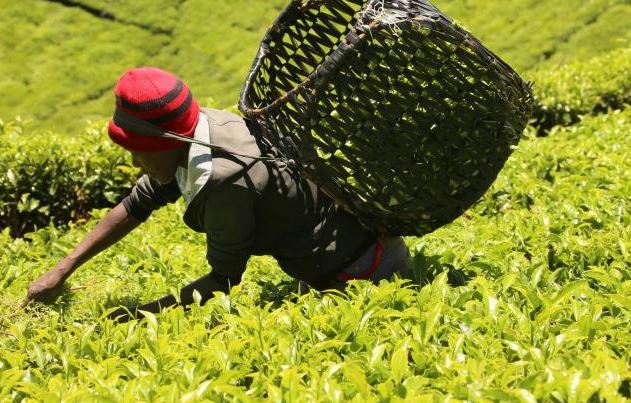×
The Standard e-Paper
Stay Informed, Even Offline

Anne Nyambura Gicunji’s three quarter acre farm at Mundoro village in Gatundu South has 450 mature tea bushes and with average monthly production of 150 kilos.
Her monthly earnings of Sh16 per kilo paid by Theta Tea Factory, come to Sh2,400 after deductions.